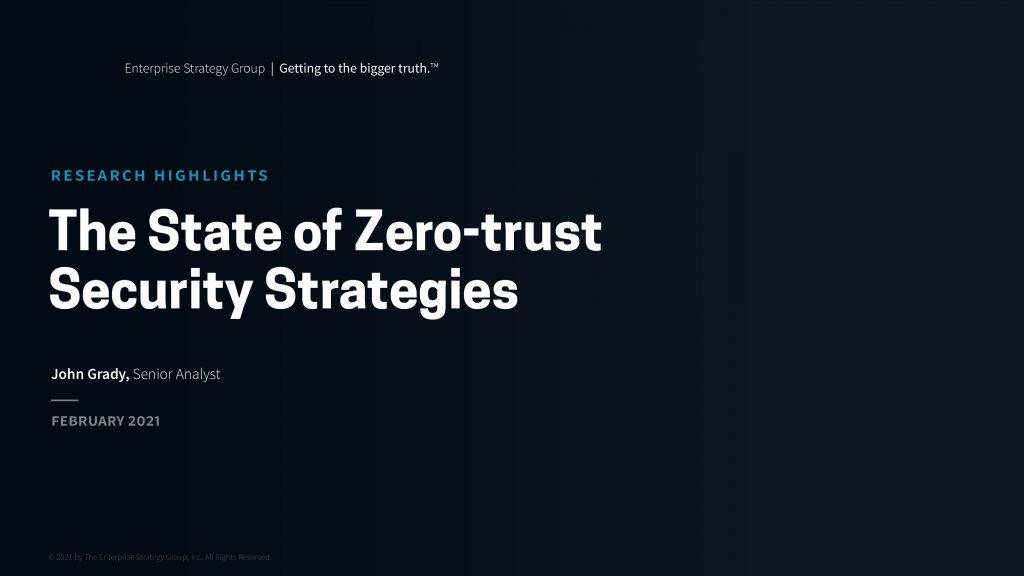Zero-trust approaches are arguably more relevant than ever due to the increasingly distributed nature of the modern enterprise. Whether implementing least-privilege tenets for user access or securing the connections to and between the disparate aspects of today’s hybrid multi-cloud deployments, zero trust can provide a framework to secure even the most complex environments. The sudden shift to work-from-home models has only highlighted the importance of a zero-trust approach. Yet for many organizations, confusion remains as to exactly what a zero-trust initiative should entail, where to begin, and how best to overcome the organizational obstacles that result from such a cross-functional undertaking.






